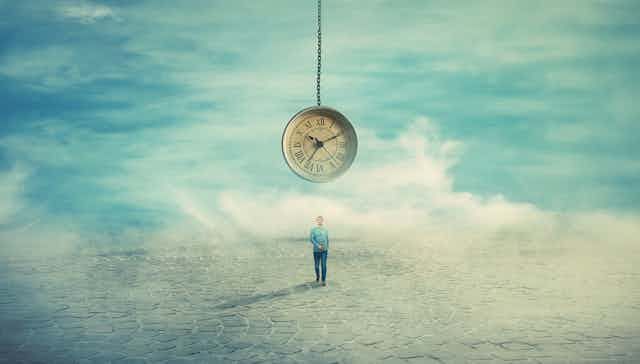
Is it just you, or does it really feel like the world hit fast-forward after 2020? One moment it was the “new normal” of masks and lockdowns, and suddenly—it’s 2025. Many people admit they still catch themselves thinking it’s 2021. The timeline feels surreal, as if the pandemic compressed years into a blur.
The Slow Days That Disappeared Fast
During lockdowns, time crawled. Endless Zoom calls, online classes, binge-watching series, and scrolling to escape the monotony made days feel repetitive. But looking back, those years feel like they vanished in a blink. Psychologists refer to this phenomenon as the time compression effect—when routine strips life of memorable markers, our brains record fewer distinct moments, making whole periods feel shorter in hindsight.
Why Post-COVID Feels Like Fast-Forward
Once restrictions were lifted, the pace of life accelerated dramatically. People rushed to “catch up” on lost time—travel, career changes, socialising, big decisions. That rush, combined with constant world events and digital overload, created the sense that years are slipping by faster than ever.
Nostalgia for 2019
Many recall pre-COVID life as calmer and more grounded. The stark contrast between then and now amplifies the perception of time flying. It’s not just memory—it’s the way the pandemic fractured our sense of continuity.
So, Is Time Really Moving Faster?
Clock time hasn’t changed, but our perception of time has. Major disruptions, like the pandemic, reshape how we mentally track life. When routines collapse and restart, our brains lose the natural rhythm of “before and after,” making everything feel both stretched and compressed at once.
